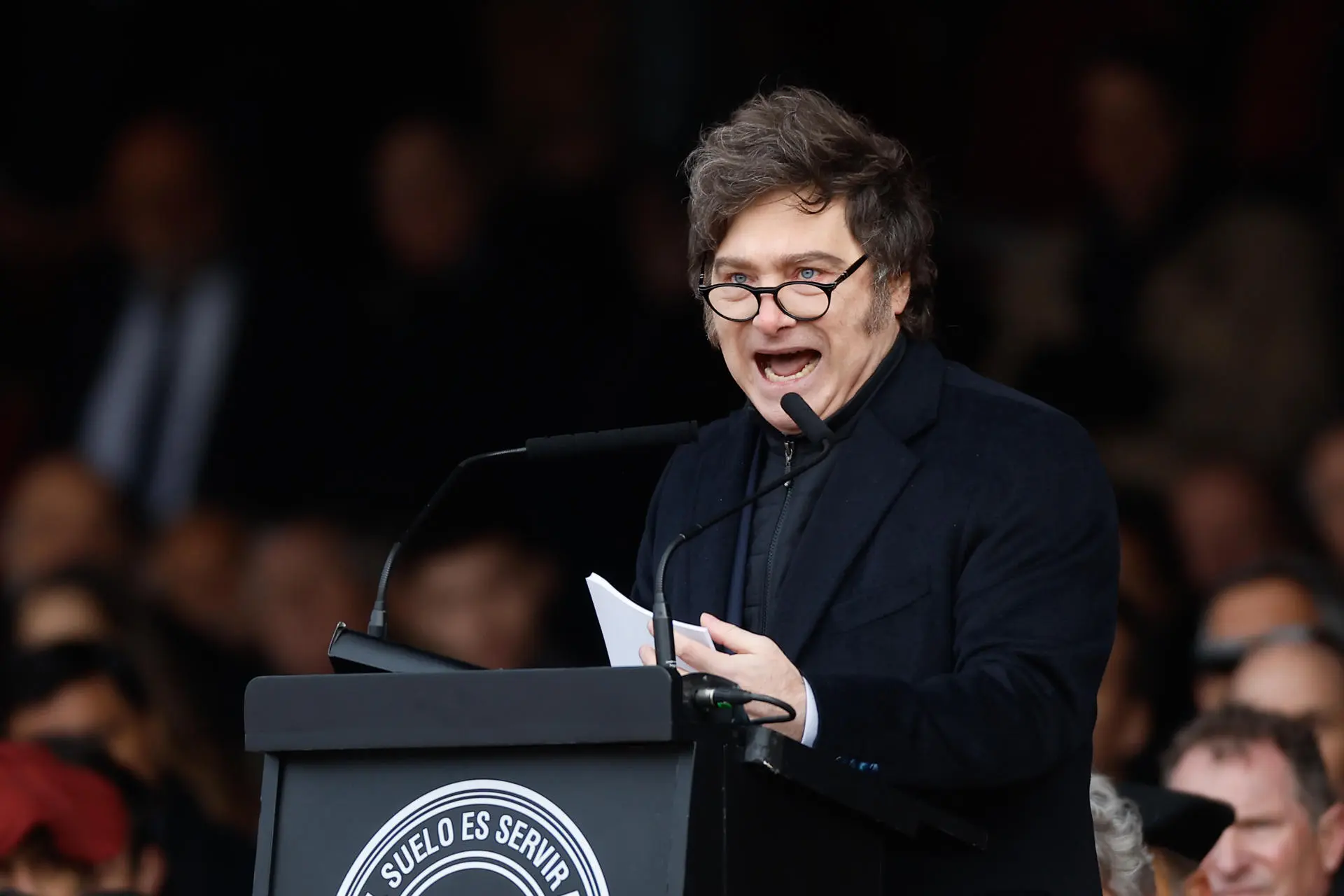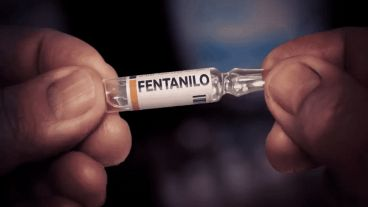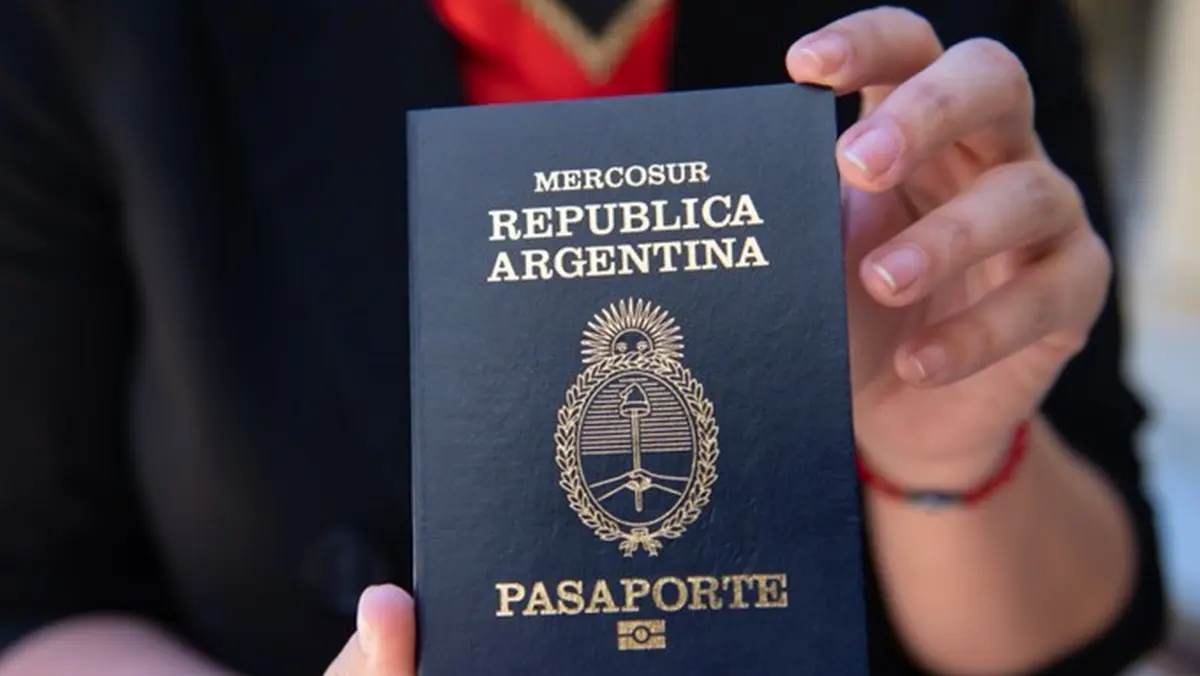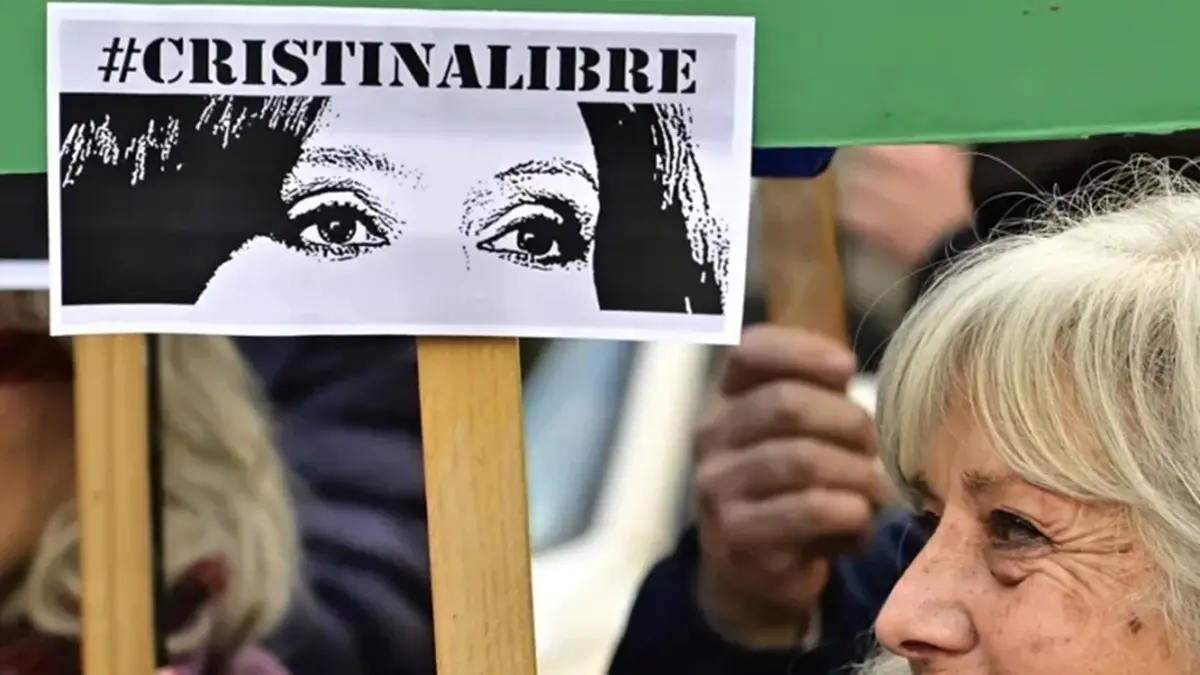Argentine Peronists Protest Against the Proscription of Cristina Fernandez

Argentine young people mobilize in support of Cristina Fernandez, Buenos Aires, June 18, 2025. x/ @Soypablorey
June 18, 2025 Hour: 1:38 pm
The ongoing lawfare against her is fueling a democratic resistance movement.
On Wednesday, the Justicialist Party (PJ) called on various factions of Peronism to gather at Mayo Square in Buenos Aires at 2 p.m. for a rally against the legal exclusion of former Argentine President Cristina Fernandez.
RELATED:
Cristina Fernandez Seeks Clarification on Whether She Can Greet Supporters From Balcony
Maximo Kirchner’s La Campora began assembling at 10 a.m. at the intersection of Belgrano and 9 de Julio avenues. Buenos Aires Governor Axel Kicillof, as well as mayors Fernando Moreira (San Martin), Jorge Ferraresi (Avellaneda) and Mario Secco (Ensenada), are expected to join the “Right to the Future” column, which will rally at 9 de Julio and Independencia avenues starting at 1 p.m.
Meanwhile, university student and professor organizations, which have performed protests since the Supreme Court upheld Fernandez’s conviction, are marching from Diagonal Sur and Peru streets.
The pro-Fernandez demonstrations also have the backing of governors Ricardo Quintela (La Rioja), Sergio Ziliotto (La Pampa) and Gustavo Melella (Tierra del Fuego). The General Confederation of Labor (CGT) and the Argentine Workers’ Central Union (CTA) confirmed their participation in the June 18 mobilizations.
The text reads, “We are going to May Square in defense of democratic freedoms and against the proscriptive ruling and the persecutory regime.”
Nationwide Support
Across the country, multiple shows of support emerged after the judicial decision to grant former President Fernandez house arrest. Cordoba is one of the provincial resistance epicenters. The local CGT and both branches of the CTA organized a march in the city center following the Supreme Court ruling.
In Santa Fe, the Justicialist Party and the CGT coordinated a mobilization effort. The PJ Secretary Daniel Rios confirmed the march would begin at 2:30 p.m. from the Soldier Square to 25 de Mayo Square.
Initially, the Buenos Aires march was planned to accompany Fernandez from her home to the Comodoro Py courts, where she had been summoned by Judge Jorge Gorini. However, the Federal Oral Court 2 canceled the summons after granting her house arrest.
Historical Parallels
Organizers drew direct parallels to Oct. 17, 1945, when thousands of “shirtless workers” (descamisados) marched to Mayo Square demanding the release of Juan Domingo Peron. The slogan “We had the 17th, now comes the 18th” circulated on social media, invoking the roots of the Peronist movement.
The Supreme Court’s decision included restrictions such as a ban on “behavior that could disturb the neighborhood’s peace,” mandatory registration of family and security details, and the installation of an electronic monitoring device.
Senator Eduardo de Pedro said: “It’s clearer than ever that this isn’t about justice but revenge. Cristina is innocent. They’re excluding the most important political leader of the last 50 years and trying to isolate her because she remains more relevant than ever.”
The text reads, “Cristina’s house is like this in this time, while people continue to get to May Square. They were wrong if they thought people would stop going because she can’t go out to greet.”
Milei Activates Repression Measures
In an effort to weaken the national mobilization against Fernandez’s exclusion, the Security Ministry imposed vehicle checkpoints to prevent protesters from reaching Mayo Square.
The surveillance operation began Tuesday night at key points across the country. On Route 9, connecting Rosario to Buenos Aires, Federal Police and National Gendarmerie patrols flanked bus caravans, forcing them to slow down.
Peronist leaders denounced the checks—which included thorough vehicle inspections and passenger ID checks—as intimidation tactics meant to discourage participation in the rally.
This repressive escalation reflects far-right President Javier Milei’s concern over the rise of a democratic resistance movement, fueled by opposition to the political and judicial persecution of Cristina Fernandez.
teleSUR/ JF
Sources: Pagina 12 – El Destape






